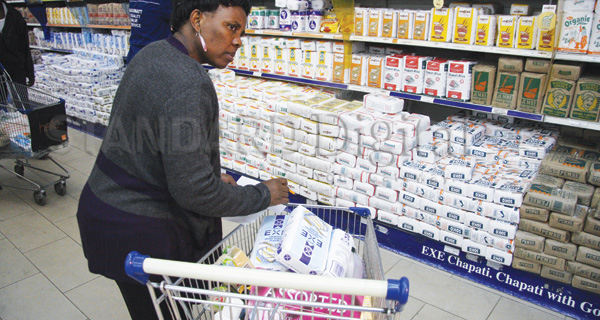×
The Standard e-Paper
Join Thousands Daily
 |
| Treasury has removed the controversial clause in the VAT Bill calling for a 16 per cent tax on foodstuffs, fertiliser and medicines. [PHOTO: FILE/STANDARD] |
By James Anyanzwa
The National Treasury has removed the controversial 16 per cent Value Added Tax on basic commodities from the VAT Bill.